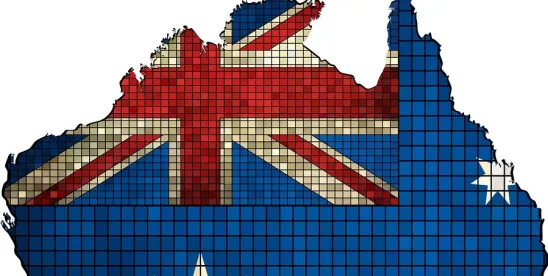Reforms to the Copyright Act 1968 (Cth) (Act) are just around the corner, and after two years of extensive stakeholder consultation, the Government has finally proposed a limited liability scheme for use of orphan works. The proposed reforms were announced by Hon Paul Fletcher MP, Minister for Communications, Cyber Safety and the Arts, on 13 August 2020.
This proposed amendment will favour the cultural, educational and broadcasting sectors in Australia who will soon be able to use and display works for which a copyright owner cannot be identified or located without risk of copyright infringement, and will result in an important public interest benefit.
What are orphan works?
“Orphan works” refers to works where the copyright owner cannot be identified. Any type of work may be orphaned, including paintings, written works, sound recordings, photographs and visual recordings such as films. There are a number of reasons works may become orphaned, including:
- circumstance, such as a long period of time since the work was created
- identifying information being missing or deliberately removed, such as lack of metadata on images online, and
- lack of skills or tools to correctly identify the rights holder.
Orphan works are relatively common due to the extensive copyright protection period set out in the Act, alongside automatic protection of works under the Act and lack of registration requirements.
What are the policy considerations on orphan works?
The issue with orphan works is that where the owner of a work cannot be identified or located by a potential user, and therefore permission cannot be sought under the Act, the work cannot be used without the risk of copyright infringement. When reproducing the work, an analysis has to be undertaken of how likely or unlikely it is that the owner will come forward. Some businesses have a blanket rule that they cannot knowingly infringe any law and therefore this copyright issue becomes problematic.
Governments around the world consider orphan works to be increasingly problematic issue, and these issues have become particularly significant as libraries and archives seek to digitise their collections and make them available online. During the COVID-19 pandemic, schools, universities, cultural institutions and governments needing to deliver their essential services digitally has raised further issues.
The process of identifying rights holders in order to licence works is time consuming and, at times, impossible. This results in a plethora of works which are protected by copyright, but unusable by anyone including consumers, libraries, and archives. Indeed, the Australian National Film and Sound Archive has estimated that around 20 per cent of its collection is orphaned or abandoned, which has led to numerous historical and cultural projects being canned.
What is the law on orphan works?
Currently, the Act does not provide an exception or defence for orphan works specifically. A fair dealing exception exists; however this is narrow and only covers the following:
- research or study
- criticism or review
- parody or satire
- reporting the news, or
- giving legal advice.
The Copyright Amendment (Disability Access and Other Measures) Act 2017 (Cth) increased protection for libraries and archives to a degree by allowing them to make “preservation copies” of material in their collections without infringing copyright.
What are the proposed changes to the law on orphan works?
The proposed reform to the Act sets out the introduction of a limited liability scheme for use of orphan works. This scheme will allow the use of copyright material where:
- a reasonably diligent search has been undertaken, but the copyright owner cannot be identified or located; and
- as far as reasonably possible, the work has been clearly attributed to the author.
Unlike the current fair dealing exception, this will not be confined to specific uses.
What constitutes “diligent” searches has not yet been confirmed. Creative industries and relevant sectors, such as the cultural, educational and broadcasting sectors, will be encouraged to help develop guidelines around conducting diligent searches.
The scheme will not be a fail-safe defence for potential users. While users will not be liable for past use of an orphan work if a copyright owner later comes forward, users will only be permitted to continue to use the work upon reasonable terms as agreed with the copyright owner, or, if unable to be agreed, as fixed by the Copyright Tribunal. Furthermore, if these reasonable terms are not met, a copyright owner may seek an injunction against future use of the orphan work.
What is the effect of the proposed changes?
The forecasted benefits of the proposed reform are twofold. Firstly, the reform will allow orphan works to be “opened up” and used in creative pursuits. Furthermore, the reform will provide increased access to larger collections of works by public collecting institutions such as libraries and archives.
Updating Australia’s copyright laws in this way will encourage further creation of content and dissemination of knowledge throughout Australia. Consumers and public institutions will have better access to creative works in our increasingly digital world, encouraging the use of these materials.
Accordingly, it has been estimated that exceptions which improve access to orphan works, such as those proposed by the Government, will generate new economic activity worth between AU$10 million and AU$20 million per year.
What happens next?
The Government is planning to release draft legislation for public consultation in late 2020. Once any issues raised during consultation are reviewed, the Draft Bill will be introduced to Parliament for consideration
This article was written by Talia Le Couteur Scott.



 />i
/>i

